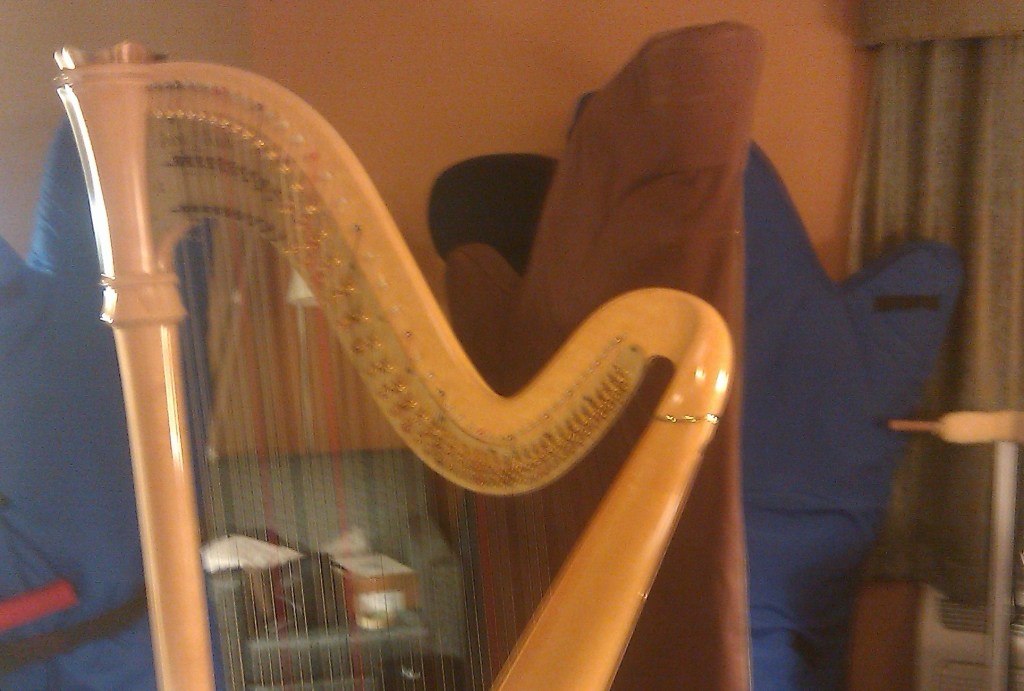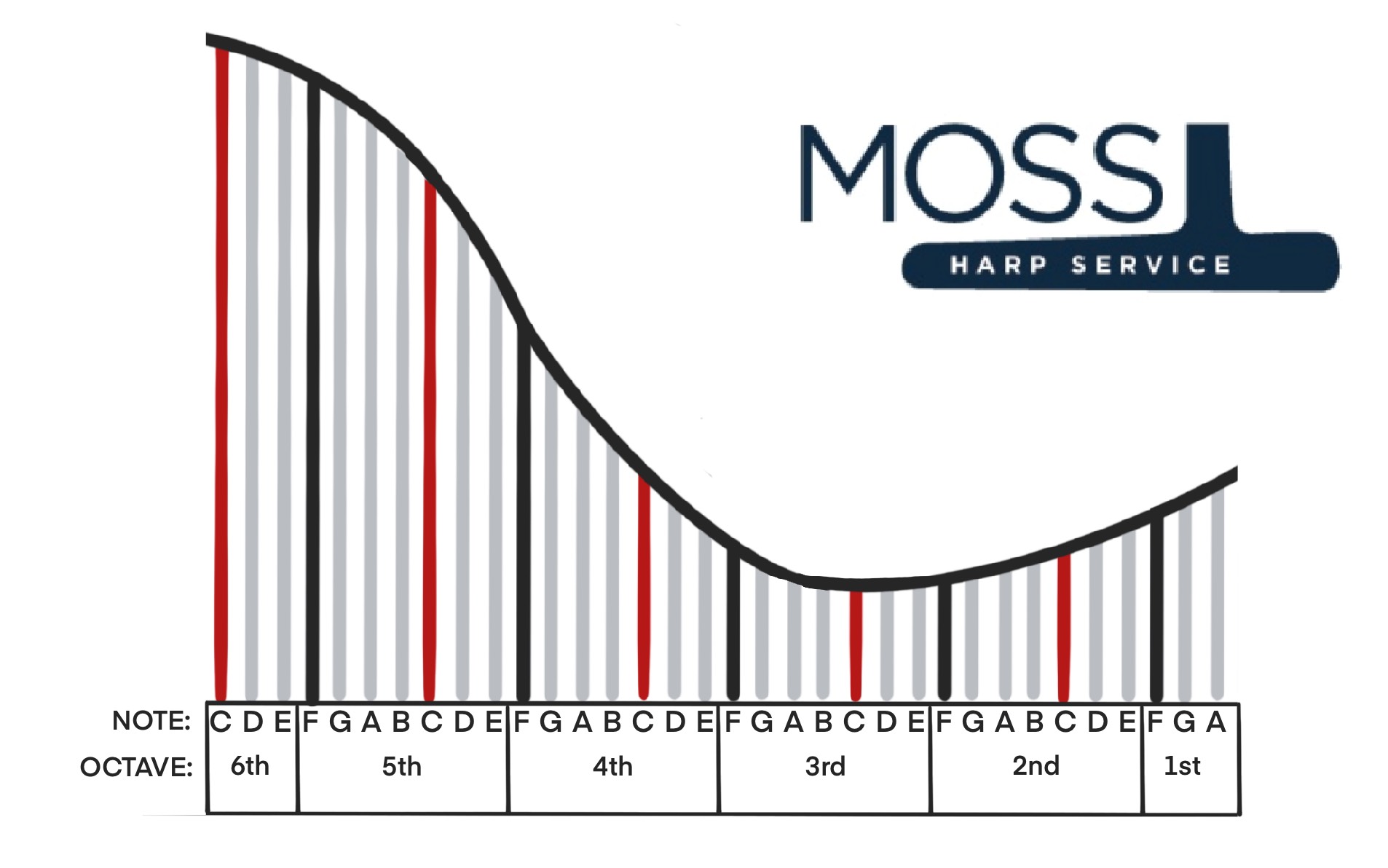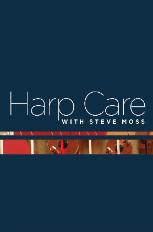 In part 4 of this series, we talked about having an expert, such as a harp technician or an experienced harpist look at an instrument you’re interested in. This is generally the most foolproof way of making sure the harp that looks and sounds good to you isn’t sporting any expensive issues that you may have missed.
In part 4 of this series, we talked about having an expert, such as a harp technician or an experienced harpist look at an instrument you’re interested in. This is generally the most foolproof way of making sure the harp that looks and sounds good to you isn’t sporting any expensive issues that you may have missed.
But what if this isn’t an option? You don’t know very many harpists and the ones you do know don’t feel they know much about harps beyond how to play them. What do you do then? Well, that depends on you. You may wish to wait on this purchase until you’ve been around the harp world a little longer and had a chance to meet more harpists who may be more experienced and willing to help. You may find that a technician is scheduled to be in your area and plan to line up a harp or two that are for sale and have the technician look at them for you when he or she comes to town. You may decide you’re safer just buying new – maybe a smaller or plainer harp than you may have wanted, but one that the company guarantees is in good condition. You may decide to stick with playing the violin or french horn, but I hope you won’t.
Or, you may want to try and do a detailed inspection of the harp yourself. Are you crazy, you may ask? No, you’re not crazy, its something that harpists have to do all the time. We’re a small and spread out community, and sometimes there’s no one around to tell us what to do. Be advised, however, that there are a large number of things that can be wrong with used harps, and they are not always obvious. In order to do a thorough inspection yourself, you’ll need a lot more information than I can provide in a series of blog posts. You’ll need to educate yourself about the structural issues a harp can face in its life, how to tell if an aging harp is hanging in there just fine or is about to need a new soundboard or re-riveted action. It’s a tall order, and it took me years to learn what I know now, but you can educate yourself about the basics.
There’s not a lot of really technical information about harps on the Internet. I have a few blog posts and newsletter articles on advanced subjects such as assessing the condition of the base frame, but for the most part people leave these matters to the professionals. If you need to get some pointers on inspecting a harp for yourself, contact the technician you see yourself working with as the new owner of this harp, i.e. one who comes to your area once a year, or who lives nearby. Ask him or her for the cliff notes on a harp’s structural issues. I can’t promise you’ll get an answer. Most people ask us technicians technical questions, and then we watch their eyes glaze over as we start to answer them. But, it’s worth a try. Also, we talked about asking the seller for detailed photographs of the harp. If you have some of these you can ask a technician to look at them and give you an opinion. There may be a fee for help like this. It depends on the technician. If there is a fee, it may be well worth it if it helps you arrive at a more informed opinion of a harp you want to buy.
When all else fails, at least bring someone with you when you go to look at the harp, even a parent or a good non-harpist friend. Ask this person to observe the scene as you look at the harp. How does it look to his or her (non-harpist) eyes? How does the house look? Is it messy or clean, organized or post-hurricaine? Does the seller seem friendly, trustworthy, or perhaps less so? Even if this friend doesn’t know the first thing about harps, he or she may be able to help you read the situation, and you’ll have someone to exchange ideas and thoughts with as you go about the process of trying to make a buying decision. Talk to her out of the seller’s earshot for a while. Get her take on the situation. Ask whether she leans toward or against buying the harp. Hearing her reaction may help you get in touch with your own gut reaction to this instrument and this seller. You may find your friend confirming a feeling you had but may not have even been aware of. Someone to help you keep things in perspective may help you avoid making a bad decision when you’re tired of looking for a harp and just want to buy the next one that comes along.



0 Comments